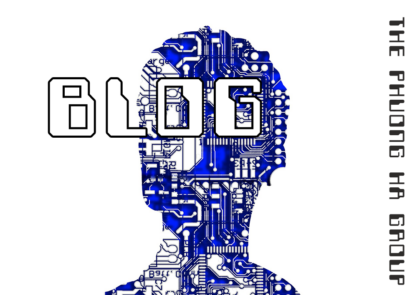The Rise of the AI-Powered Real Estate Agent


Will Robots Replace Realtors?
The real estate industry, known for its reliance on personal relationships and human intuition, is facing a technological revolution. Artificial intelligence (AI) is rapidly changing how properties are bought, sold, and managed. From virtual tours and personalized property recommendations to automated valuations and market predictions, AI is transforming the real estate landscape. But does this mean the end of the traditional real estate agent?
AI is Automating Key Tasks
AI-powered tools are automating many tasks traditionally handled by real estate agents:
- Property Valuations: AI algorithms can analyze vast amounts of data, including property features, market trends, and historical sales, to generate accurate property valuations in a fraction of the time it takes a human appraiser.
- Market Analysis: AI can identify emerging market trends, predict price fluctuations, and pinpoint investment opportunities with greater speed and accuracy.
- Customer Interaction: AI-powered chatbots can answer customer inquiries, schedule appointments, and qualify leads 24/7, freeing up agents to focus on more complex tasks.
- Property Search and Recommendations: AI algorithms can analyze user preferences, search history, and financial capabilities to recommend properties that perfectly match their needs.
The Benefits of AI in Real Estate
The integration of AI in real estate offers several benefits:
- Increased Efficiency: Automating repetitive tasks allows agents to focus on building relationships and closing deals.
- Reduced Costs: AI can lower operational costs by streamlining processes and reducing the need for manual labor.
- Improved Accuracy: AI algorithms minimize human error in property valuation and market analysis tasks.
- Enhanced Customer Experience: AI-powered tools provide personalized recommendations, instant support, and a more convenient home buying/selling journey.
The Future of Real Estate Agents
While AI is undoubtedly transforming the real estate industry, it’s unlikely to completely replace human agents. Instead, AI will likely become a valuable tool that empowers agents to work more efficiently and effectively.
The future real estate agent will need to adapt and embrace technology. They will need to be skilled in using AI tools, interpreting data, and providing personalized advice. Their role will shift towards that of a trusted advisor, guiding clients through the complexities of the real estate market and leveraging AI to enhance their experience.
The Human Touch Remains Crucial
Despite the advancements in AI, the human element remains crucial in real estate. Building trust, understanding emotional needs, and negotiating effectively are skills that AI cannot replicate.
Real estate transactions are often emotionally charged and involve significant financial investments. Clients value the empathy, guidance, and personal touch that a human agent provides.
In conclusion
AI is revolutionizing the real estate industry, but it’s not about replacing agents. It’s about empowering them with the tools and insights to better serve their clients. The future of real estate belongs to those who can effectively integrate AI into their practice, leveraging its power to enhance their skills and deliver exceptional customer experiences.


